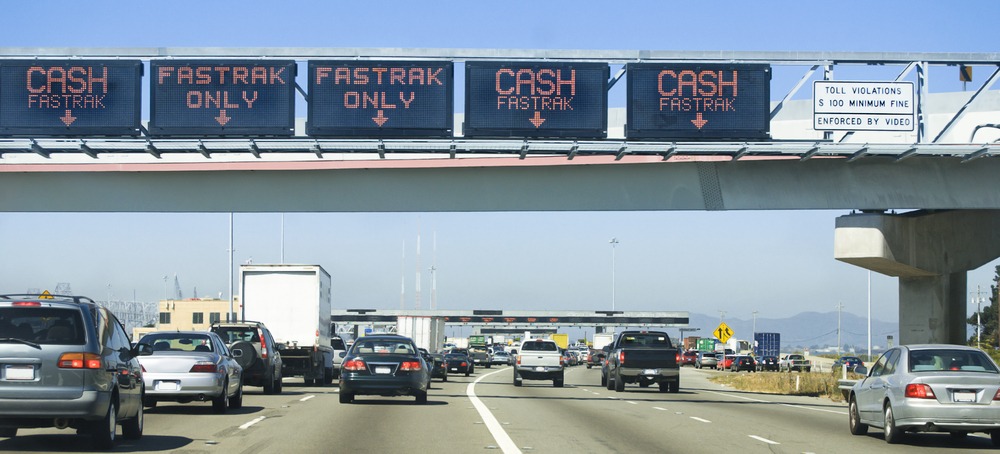
Congestion-related delays for the Bay Area freeway during weekday commute periods rose 9 percent to a record of 3.5 minutes per commuter in 2017 compared to 3.2 minutes the year prior, according to a recent report conducted by the Metropolitan Transportation Commission (MTC).
The recent findings marked the fourth consecutive year that weekday congestion around the area reached a new high, reflecting an increase of more than 80 percent since the 1.9 minutes per commuter reported in 2010.
MTC said it defined congestion delays as the time spent in traffic moving at speeds of less than 35 mph.
Specifically, the most congested freeway segments according to the report are northbound and eastbound on U.S. 101 and Interstate 80 from the I-280 interchange in San Francisco to the Bay Bridge’s Yerba Buena Island Tunnel.
Additionally, the second-most congestion segments went to westbound 1-80 from State Route 4 in Hercules to Fremont Street in San Francisco, which were the only segments in which congestion is not routinely interrupted by a midday break and is the only stretch of road not typically involved on morning commutes.
“Eight of the top 10 most crowded commutes are routes to or from the Bay Bridge or Silicon Valley,” MTC Chair Jake Mackenzie said. “The good news is that this shows the continuing strength of the South Bay and San Francisco job markets. The bad news is that it shows how hard it is to balance where the region’s job centers are located and where comparatively affordable housing can be found.”
MTC Vice Chair Scott Haggerty said that half of the Bay Area’s 10 most congested freeway corridors were set in Alameda County.
“I think we need to look for marginal gains everywhere we can — ramp metering, express lanes, they all matter,” Haggerty said. “These smart investments have certainly helped in the I-580 Corridor and will help leverage our bigger investments in rail connectivity and dollars for highway infrastructure improvements that will continue to improve the commute through the Tri Valley.”